CMOs should consider setting measurable key metrics to evaluate the marketing success and make strategic data-driven changes to optimize the results.
Enterprises need to have efficient work processes to scale in such a technology and data-driven landscape.
Especially the marketing operations have to set effective workflows to ensure conversion rates and higher ROI. CMOs should consider setting measurable Key Performance Indicators (KPIs) to evaluate business growth. It can be challenging for the B2B marketing teams to differentiate between important KPIs and not-so-important KPIs. Here are a few marketing measurement metrics that B2B marketing teams can consider to track the performance of their marketing campaigns.
Demonstration of ROI
Businesses can demonstrate how investments aligned with business objectives to make it easy for the workforce to achieve market goals. Resources need to have a better understanding of the brand image in the market and its perception in the total addressable market. B2B marketing teams need to know the time frame of the customer acquisition process.
Also Read: How Brands Can Profit from Digital Customer Experience Analytics
CMOs should consider setting the right key performance indicators that align with the business strategy and goals. Because understanding the exact role of marketing operations in accomplishing business goals will help to optimize the outcomes. Implementing marketing measurement metrics like lead conversion rates, conversion velocities, and revenue per lead will help the workforce to understand the presales’ progress. Marketing operations teams need to evaluate all the workflows to identify all the relevant, measurable metrics to monitor the success of the presales. Enterprises can customize the KPIs as per the marketing needs and goals to drive more revenue.
Customer conversion rate
Tracking and monitoring the leads will not suffice the organization’s requirements; they need to analyze the quality of the leads. Setting key performance indicators to understand the lead-to-customer conversion rate will help businesses to spot opportunities and threats in the presales and sales process. Calculating the customer conversion rate will assist enterprises in understanding the lead quality and making strategic data-driven changes to improve the quality. B2B buyer journeys are intricate, complex, and long with multiple touch points, which might make it difficult to calculate the exact client conversion rate.
ROI of all the marketing channels
B2B marketing teams needs to set KPIs to track the number of clients acquired from all the presales initiatives. It is one of the most effective ways to prove the ROI of marketing campaigns. Moreover, this KPI will help to motivate the marketing teams because it will help the resources to understand the outcomes of their efforts. Assigning a lead source to every lead will help to distinguish leads generated from various sources to calculate the ROI of each channel. It is crucial to evaluate the performance of all the channels and leads generated through them to determine the ROI generated. CMOs can make strategic data-driven decisions to select or change the channels depending on their performance.
Also Read: Strategies to Build Robust B2B Marketing Tech Stack
Presales influenced clientele
Most enterprises consider that most of their customers originate from their presales efforts, which is not always the case. However, the marketing initiatives prove to be a catalyst in the B2B buying journeys. The presales teams play a crucial role in converting a lead to a customer, even if the leads are not generated from marketing initiatives. Enterprises need to identify such leads, their journey, and interaction with the marketing campaigns at multiple touch points. It is a perfect way to spot all the opportunities in the presales to increase the conversion rate.

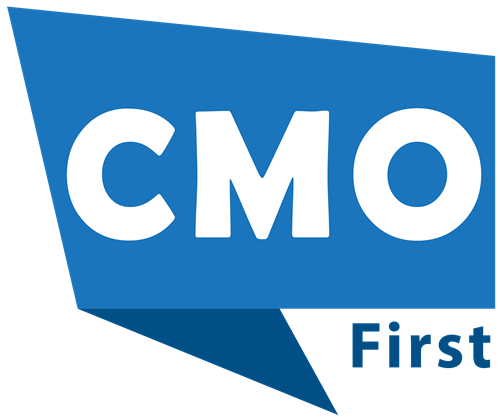




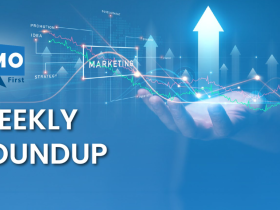

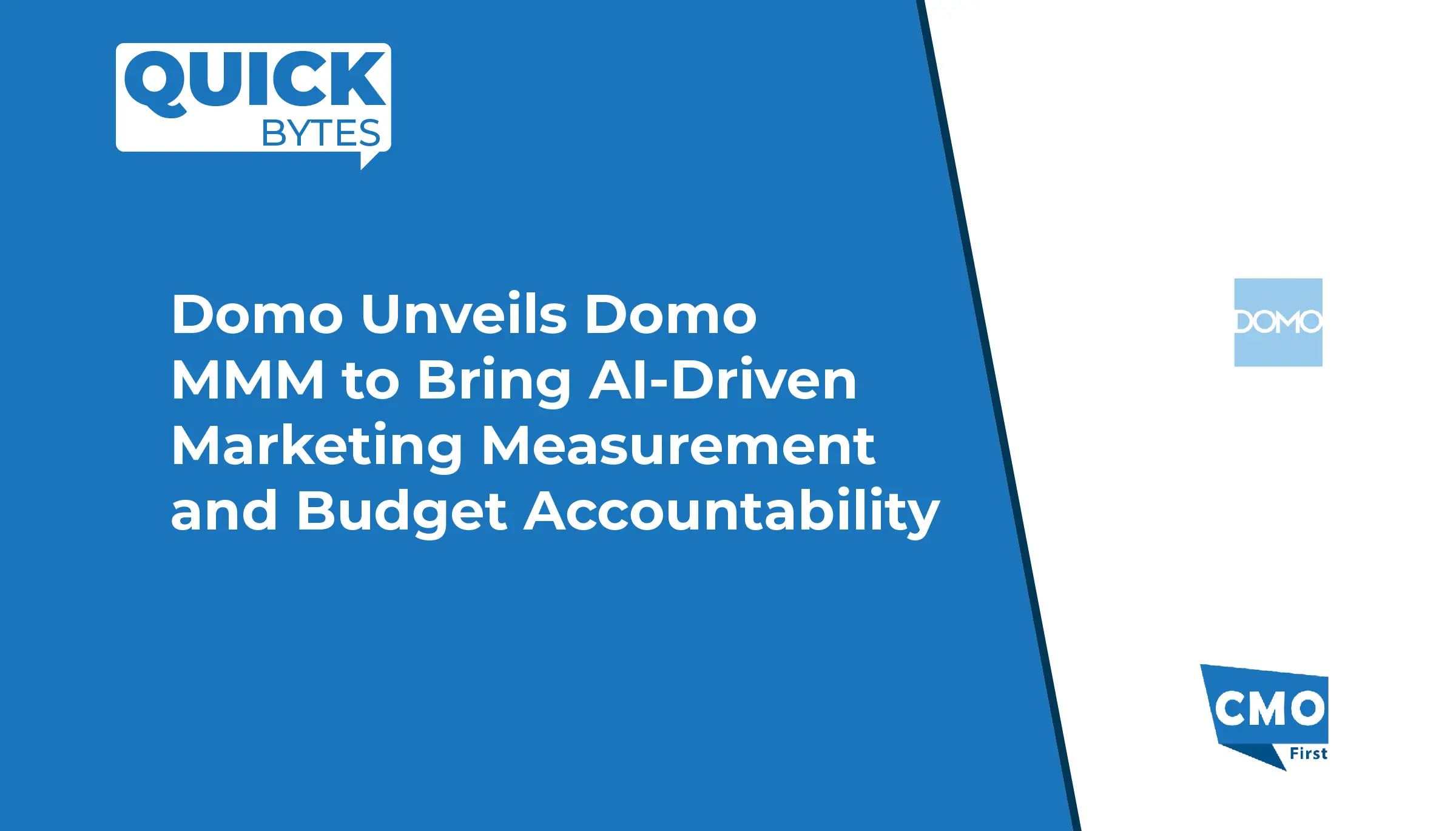
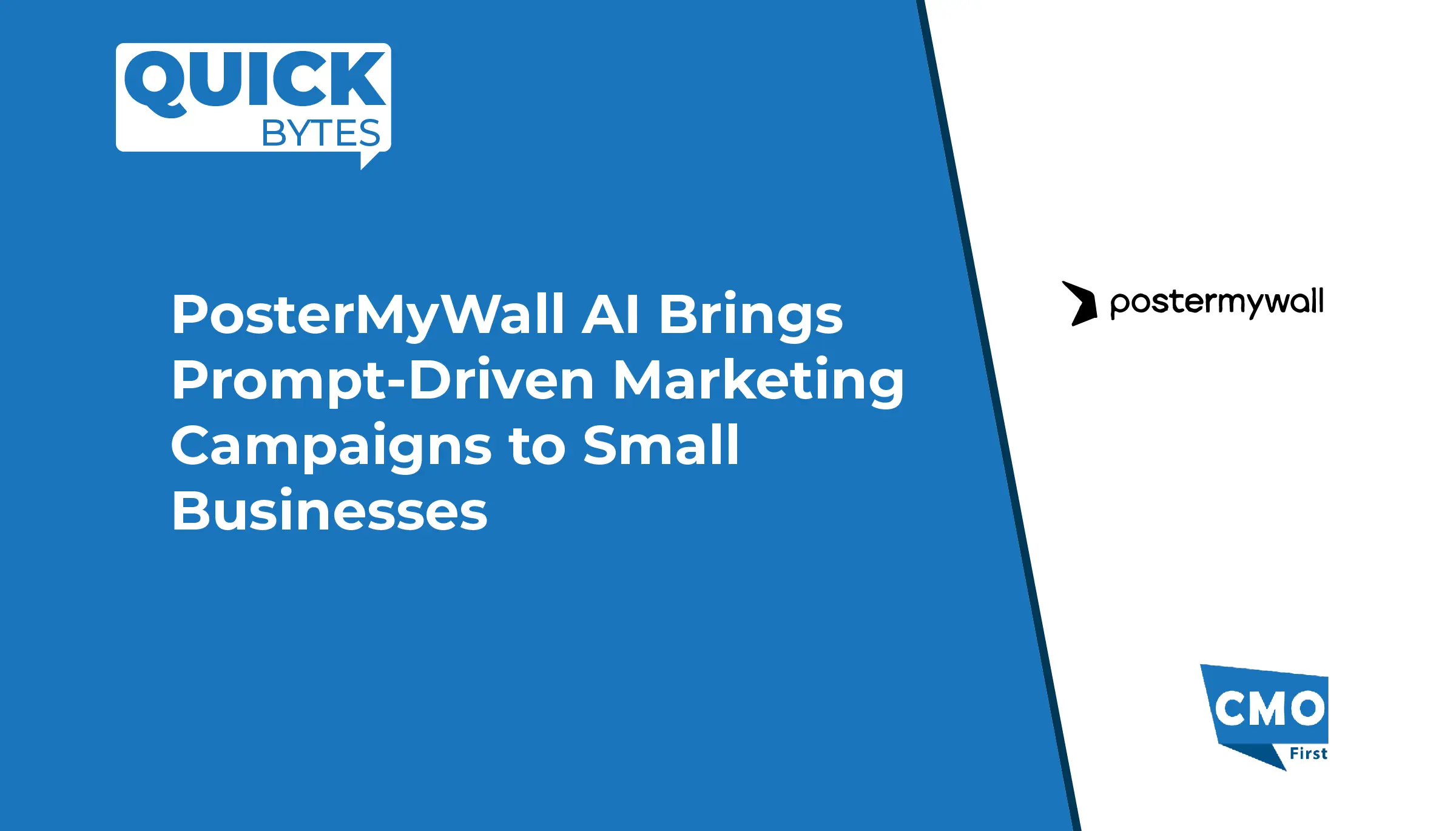








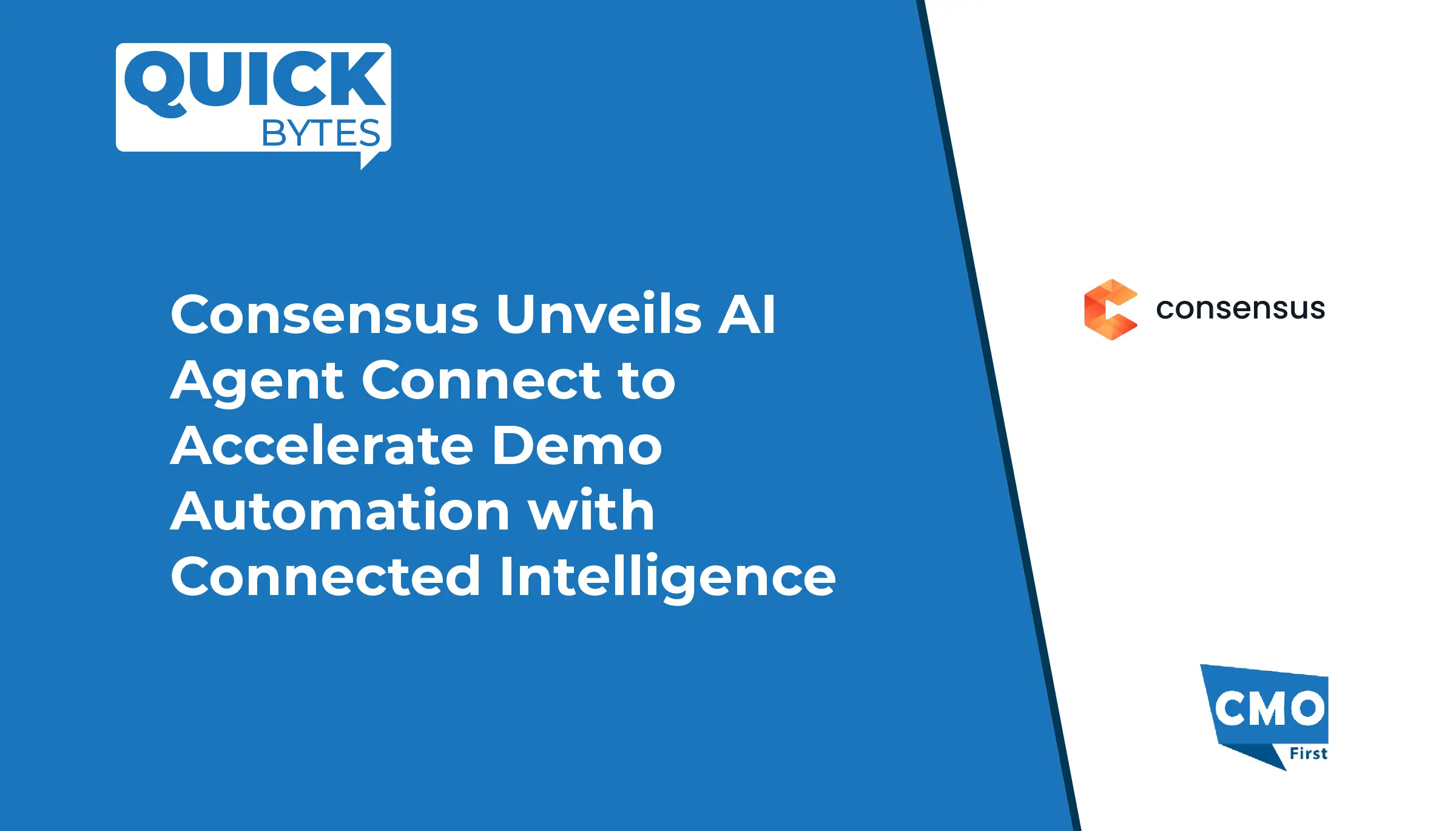



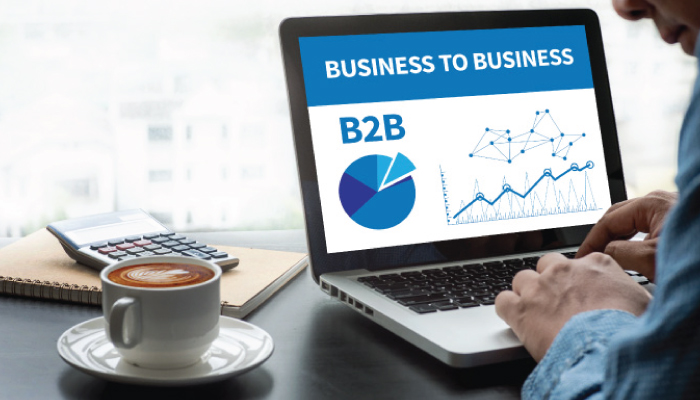
Leave a Reply